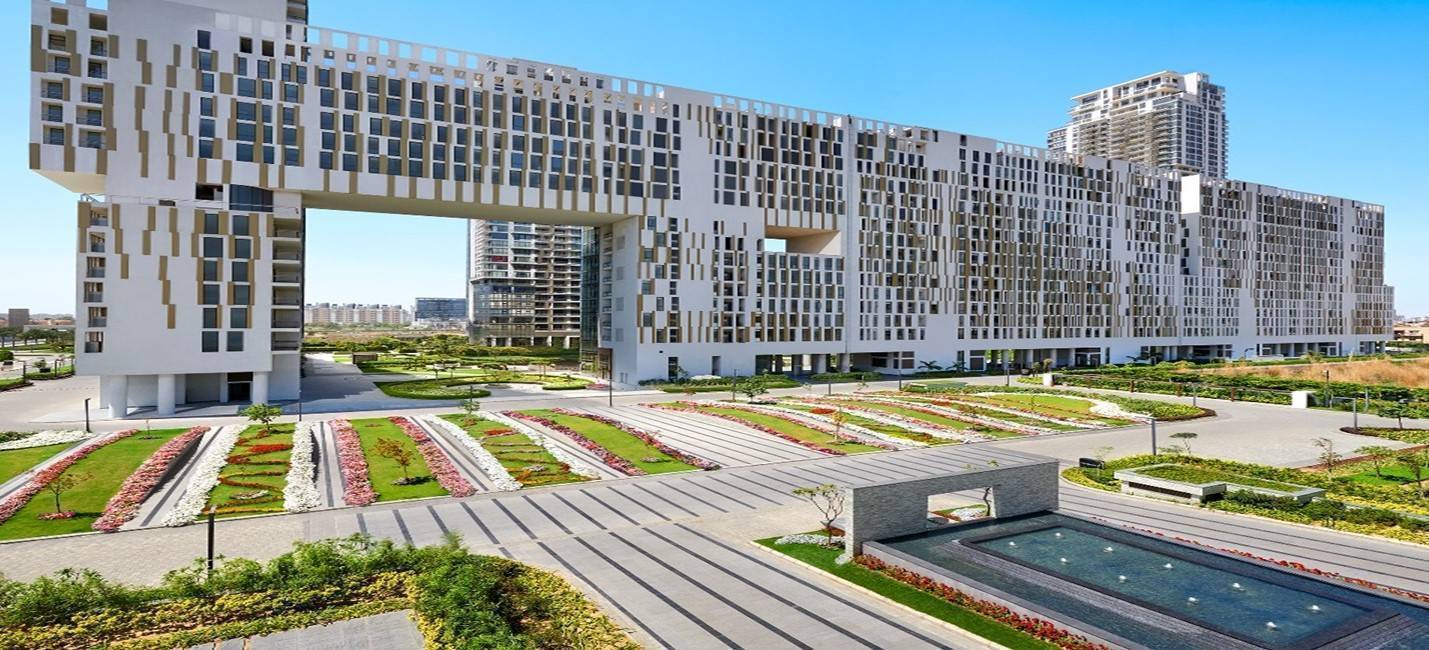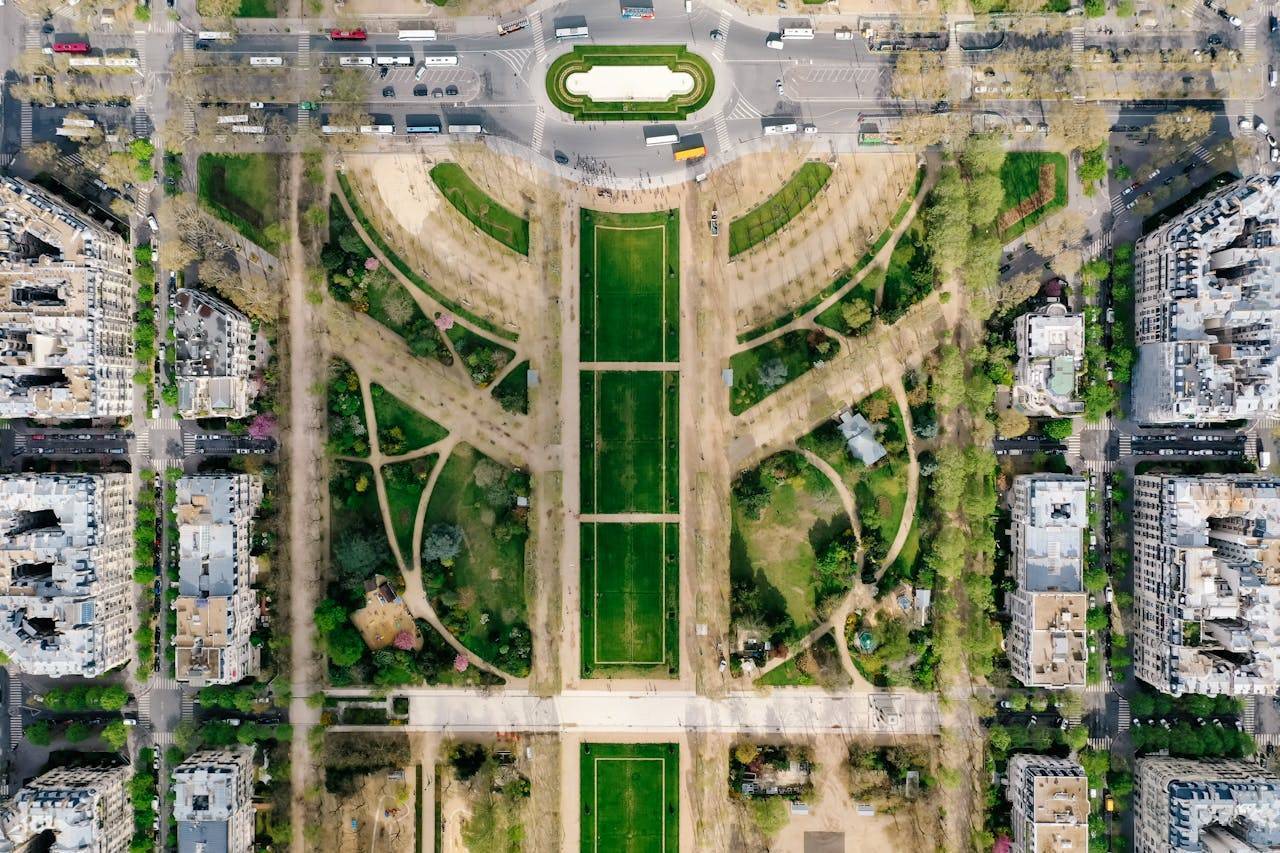Property buyers in Noida are voicing strong objections to the Uttar Pradesh government's recent decision to impose a 6% stamp duty on sale agreements for new property purchases. This fee must be paid at the signing stage, even before the properties—whether residential apartments or commercial spaces—are ready for occupancy. Buyers argue that this policy imposes an unfair financial burden, especially as many have already experienced long delays in receiving ownership despite having paid various fees.
The decision has sparked outrage among homebuyers, particularly those who have been waiting for years to take possession of their properties. Anu Khan, president of the Noida Extension Flat Owners Association, expressed frustration with the new policy, arguing that it primarily benefits the government by increasing revenue while placing an additional financial burden on buyers who may face indefinite delays in receiving their properties. Many buyers feel they are being asked to bear costs for homes they cannot yet occupy, creating a difficult situation for those already struggling to manage their finances.
The newly introduced stamp duty coincides with a period when many buyers are facing significant delays in project completion, frequently surpassing the original timelines promised by developers. Many have already invested substantial sums, including down payments and other fees, yet remain without access to their homes. This situation is further exacerbated by a sluggish real estate market, where numerous developers are struggling to fulfill their project commitments on time.
Previously, the process allowed buyers to enter into unregistered agreements without initial stamp duty payments. The previous system required a 5% fee applicable only upon the completion of the property and its registry. Buyers were accustomed to this arrangement, which provided some degree of financial relief and assurance that they would only pay fees once their property was ready for occupancy. The recent mandate now requires the registration of the agreement, detailing terms between buyers and builders, with the stamp duty payable in advance. This change has left many feeling blindsided and unprotected.
Legal expert Sunil Kumar Mishra criticized the government's approach, suggesting it focuses more on revenue collection than on safeguarding the rights of property buyers. "This policy appears to prioritize government revenue over the legitimate concerns of homebuyers who are already in a precarious position. It could lead to increased discontent among buyers who feel they are being exploited," he remarked. Mishra emphasized the need for policies that strike a balance between government interests and buyer protections, arguing that the new stamp duty fee does not achieve that balance.
Manoj Kumar Singh, Uttar Pradesh's Chief Secretary, defended the policy as essential for protecting homebuyers from unscrupulous practices, such as developers selling the same unit to multiple buyers. He emphasized the government's commitment to ensuring transparency and accountability in real estate transactions. Singh argued that the new regulations are designed to curb fraud and safeguard consumers, asserting that the 6% stamp duty is a reasonable cost for the security and assurance it offers.
However, this explanation has not appeased many buyers who remain unconvinced that the benefits outweigh the costs. The Confederation of Real Estate Developers Association of India (CREDAI) has also echoed concerns about the new rule. They argue that it could dampen market sentiment, deter potential buyers from entering the market, and lead to further delays in property transactions. CREDAI representatives have urged the government to reconsider the implementation of this policy, advocating for a more buyer-friendly approach that fosters trust and encourages investment in the real estate sector.
As the situation continues to unfold, stakeholders on both sides of the debate are voicing their opinions. Property buyers are advocating for a fairer approach that considers their interests in the real estate landscape. Many are planning protests to demand that the government revise the stamp duty policy and provide more protection for buyers facing delays and financial strain.









.png)